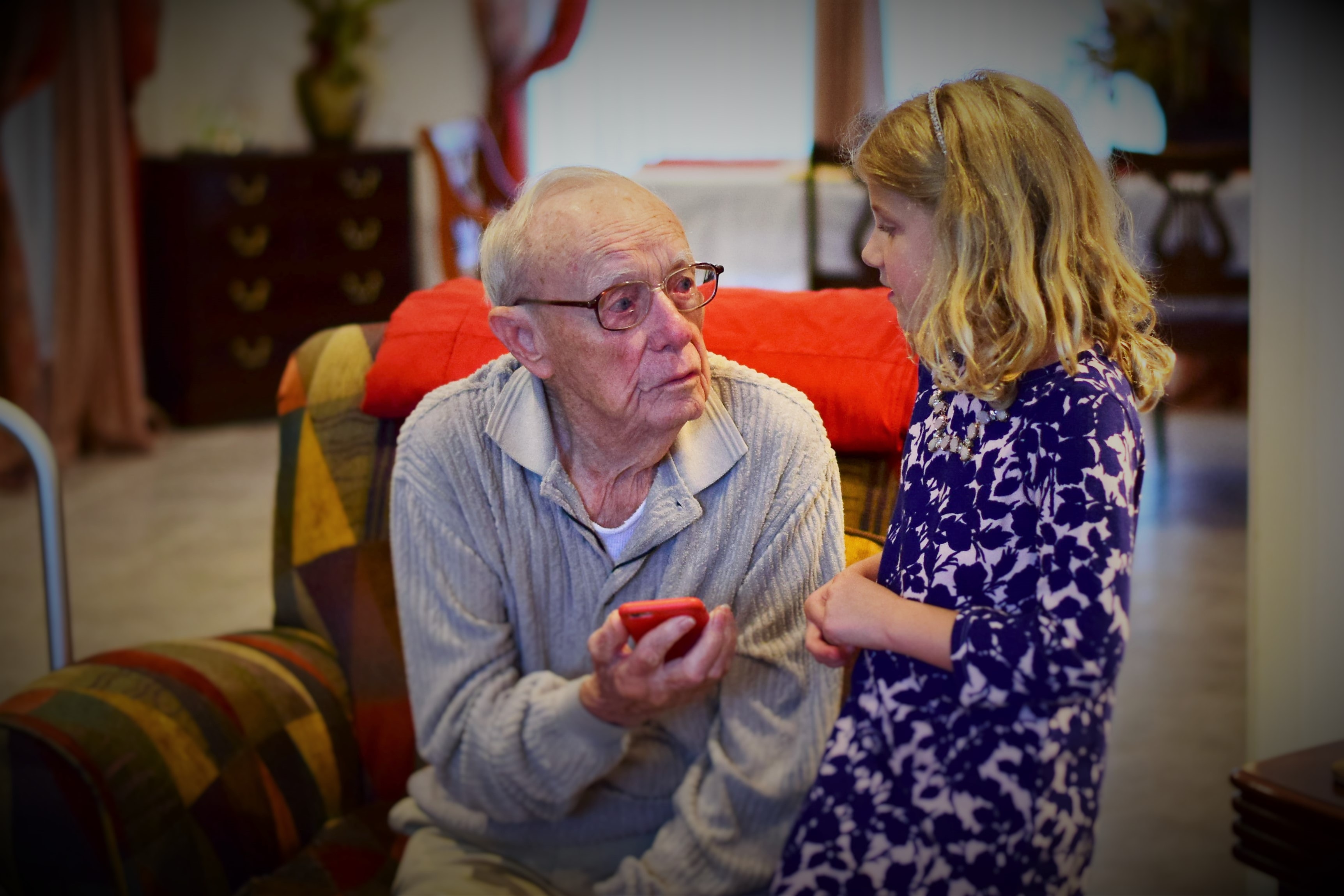Our bodies undergo many changes as we grow older. For senior citizens, these changes can cause discomfort and distress. Pain, inflammation, sickness, and just general aging can begin to hinder our ability to communicate. Older adults can sometimes find breathing more complex, and chewing and swallowing can be impacted. Many people find that their voice grows weaker. Speech therapy is beneficial for individuals of any age but can be especially helpful to those who rely on quality communication with doctors and family. Caregivers may appreciate the progress their loved ones can make with speech therapy as well.

Speech Therapy Improves Vocal Cords and Breathing
Speech therapy is considered the standard treatment for Vocal Cord Dysfunction (VCD), as the exercises that help to alleviate VCD episodes are led by qualified speech-language pathologists. To manage cases of respiratory distress, the patient learns to master specific abdominal breathing techniques. These comfortable breathing routines relax and open the upper airway and voice box, permitting improved breathing as well. The speech therapist will also assist in identifying VCD triggers and recommend methods to better control them.
Therapy Lowers Social Anxiety and Boosts Confidence
Senior citizens who are struggling with speech issues can experience worry and feelings of loss of security. They may be losing the capacity to communicate and connect with family and friends, which can lead to feelings of isolation and loneliness. The more someone feels that they cannot communicate well, the more they are self-conscious about trying. These challenges can create social anxiety and, if it persists, can cause a lot of issues for your senior loved one.
However, after working with a therapist, senior citizens can achieve resolution regarding these issues and become more comfortable interacting with people. Speech therapy can significantly benefit them during their later years as they enter assisted living facilities. In these residences, they will want to make friends, engage in social activities, and feel comfortable in voicing concerns about their health and well-being.
Treatment of Aphasia, Apraxia, and Dysarthria
There are also medical conditions that can be alleviated by the exercises taught during speech therapy.
Aphasia occurs when the regions of the brain that generate and interpret language are injured or harmed. Aphasia impacts a person’s capability to speak, read, write, and understand information. Speech and language rehabilitation and training help with those tasks – reading and writing, hearing and saying words, and obtaining emotive linguistic ability.
Apraxia is a medical condition that makes it nearly impossible for individuals to manipulate and move their mouth and tongue to enunciate words. There is a barrier between the desire to speak – which occurs in the brain – and the ability to form words. Working with a speech-language pathologist can be beneficial in resolving this issue.
Dysarthria is a speech issue caused by muscle weakness. Dysarthria can make it difficult for your senior loved ones to form and pronounce words, and the people they are speaking to may have a difficult time understanding what they say as well. Speech therapy can assist those with dysarthria to improve their communication skills and confidence. Your loved one will learn how to pronounce syllables, slow their speech, and form their mouth muscles for correct enunciation.
In conclusion, speech therapy can assist with breathing and strengthening vocal cords, and better speech can alleviate stress and boost self-esteem. If your loved one is beginning to struggle in these areas, speak to your family doctor and ask for a referral.
Assisted living provides wonderful social opportunities to help seniors engage with their lives and make new friends. If you are looking for additional information regarding Venice assisted living facilities, call A Banyan Residence today.
